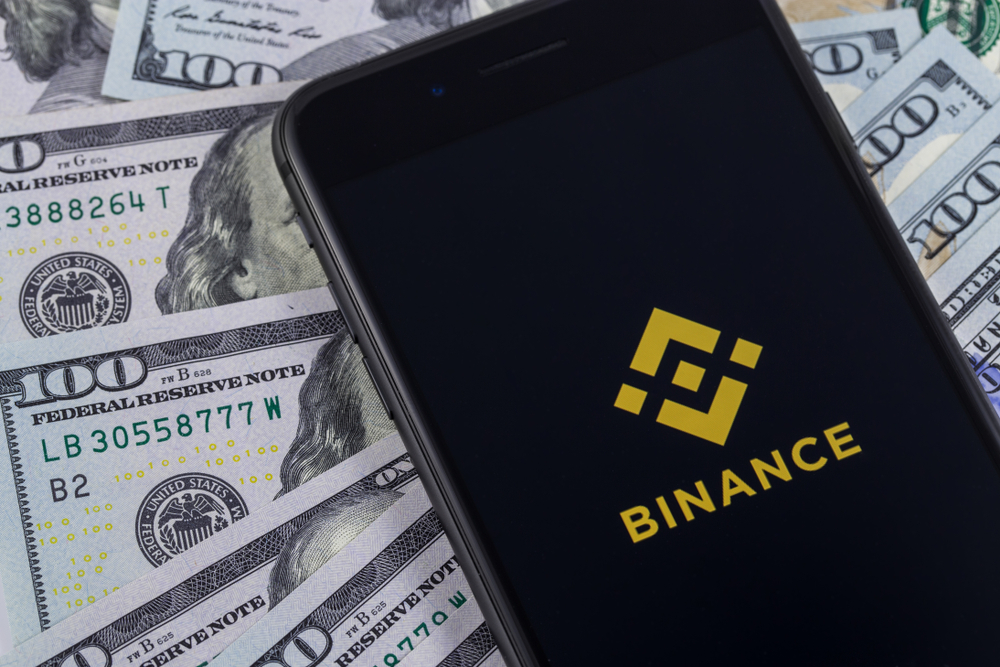The subject of insider trading has recently gained significant attention within the cryptocurrency community, particularly after the recent conviction of a former Coinbase manager’s brother.
Coinbase Director Raises Alarm Over Suspicious Wallet Activities
The insider trading conviction against the former Coinbase manager’s brother is the first involving digital currencies. However, identifying a set of wallets with transaction history connected to Binance listings has renewed suspicions of insider trading.
On Twitter, Coinbase director Conor Grogan recently highlighted some odd wallet transactions in the last 18 months. According to the claims, the unidentified wallets purchased multiple tokens that were not yet listed on Binance just minutes before the official announcement of their listing and then immediately sold them after Binance listed them.
Meanwhile, the first known occurrence of this behavior was with Rar tokens. One of the anonymous wallets acquired $900,000 worth of Rari seconds before the listing and sold them minutes after the token’s listing.
Another wallet, whose address begins with 0x20, acquired around 78,000 ERN between June 17th and 21st and sold them immediately after Binance listed them. In addition, a similar pattern of token dumping occurred with TORN token.
A wallet address purchased large quantities of the token and dumped them after listing. Another token that the director mentioned is the RAMP token listing on Binance.
A wallet beginning with 0xaf purchased RAMP tokens worth over $500,000 within a few days. Then, following Binance’s RAMP listing, the wallet moved the assets to the exchange and made a profit of $100,000 from this trade.
Furthermore, after dumping the token, the wallet made over $100,000 in profits from Binance’s GNO listing.
Wallet Owner Could Be An Employee
Selling many tokens immediately after their listing on Binance has generated significant financial gain for these wallets. The precision of the trades suggests that the holders of these wallets had access to privileged information about the listings.
Grogan argued that the cause of this issue could be attributed to a worker who is a part of the listing team. According to him, the worker might have had access to information about upcoming asset announcements or a trader who discovered a leak in the API or a test trade exchange.
On January 10th, Binance exchange initiated a new employee policy (The 90-day token sale rule). This rule prohibits workers and members of their families from selling newly listed tokens within 90 days of listing.
A representative from Binance claimed that the crypto exchange has a strict policy against using insider information for personal gain by employees and their relatives. “All employees are required to wait 90 days before making any investments, and the executives of Binance must disclose all their trading activities every quarter,” the representative added.
